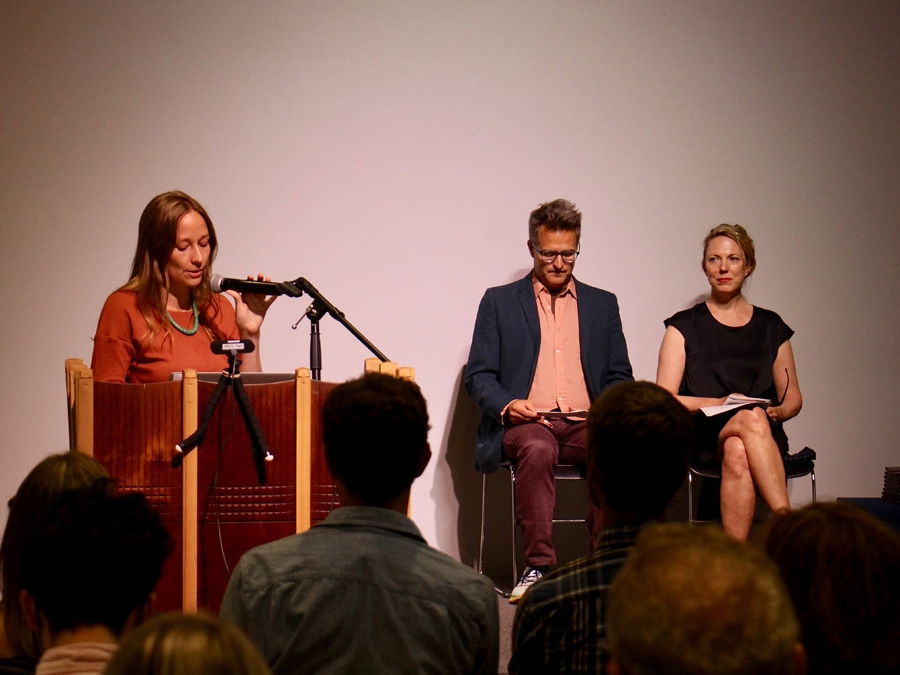In the low-residency model, students attend two 10-day campus residencies then, beyond residencies, work one-on-one with mentors. This model offers community immersion and intensive instruction while helping students to develop an independent writing practice as preparation for their future work as successful writers.
Every three weeks, graduate students submit to faculty mentors creative work, brief essays on forms and methods, an ongoing reading list, and a letter addressing their writing process and responding to substantive feedback from the mentors. This epistolary method is the oldest, most intimate and, perhaps, most intensive method of creative writing instruction. Writers, geographically distant from each other, exchange creative work and letters. Through this correspondence, writers come to see each other and feel seen while teasing out ideas about method and process along the way.
This balance between independent work and community immersion during the residencies helps graduate students develop the skills for sustaining reading and writing practices throughout their lives. It teaches graduate students to develop a rigorous, self-motivated discipline while periodically inviting them into supportive, non-competitive, generative spaces of community. This is a program deeply embedded in one of the country's most literary cities: Portland, Oregon.



